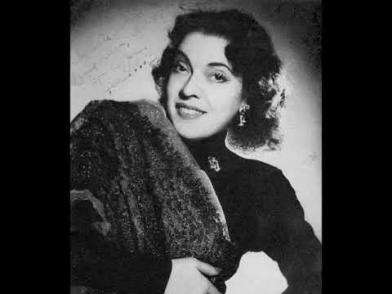1932
Uncle Moses
Directed by Sidney Goldin and Aubrey Scotto
This 1932 film, based on Shalom Asch's novel, was one of the first American Yiddish films. It deals with many of the issues that occupied the newly landed immigrants from Eastern Europe including workers rights and unionization and the contrast between their new life in America and the shtetl life that was left behind. Many of these themes, especially the latter, are expressed through the music of the film. One example is the niggun that Uncle Moses' father sings throughout the film that reminds him of his life in the Kuzmin shtetl. Additionally, Uncle Moses often sings Avinu Malkeinu, which reminds him of his childhood especially after he does actions whose morality is arguable.
Other Jewish music accompanies the film as well. There is a long wedding sequence where music, such as the klezmer tune the Heisser Bulgar is performed. Additionally, during a union meeting, an elderly man sings his interpretation of the ongoing strike, comparing the strikers to Moses, and the strike breakers to the Israelites who rebelled against him, preferring to return to slavery in Egypt.
Excerpt of the film with the elderly man's at the union meeeting:
- Excerpts of Uncle Moses were featured in the films Almonds and Raisins and The Free Voice of Labor.





